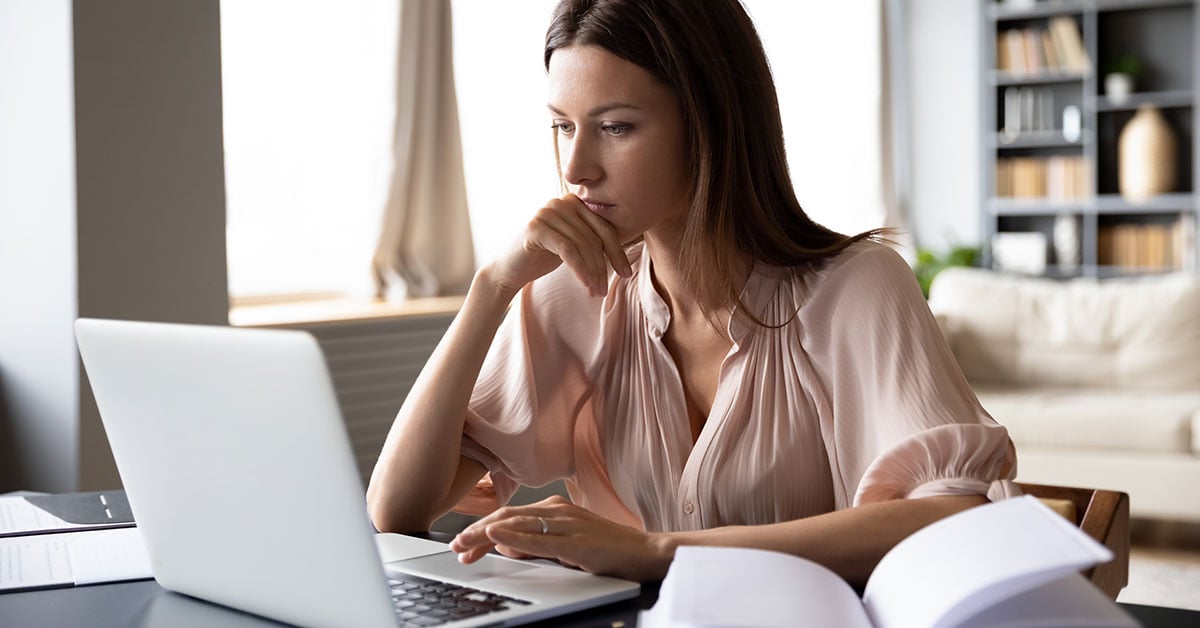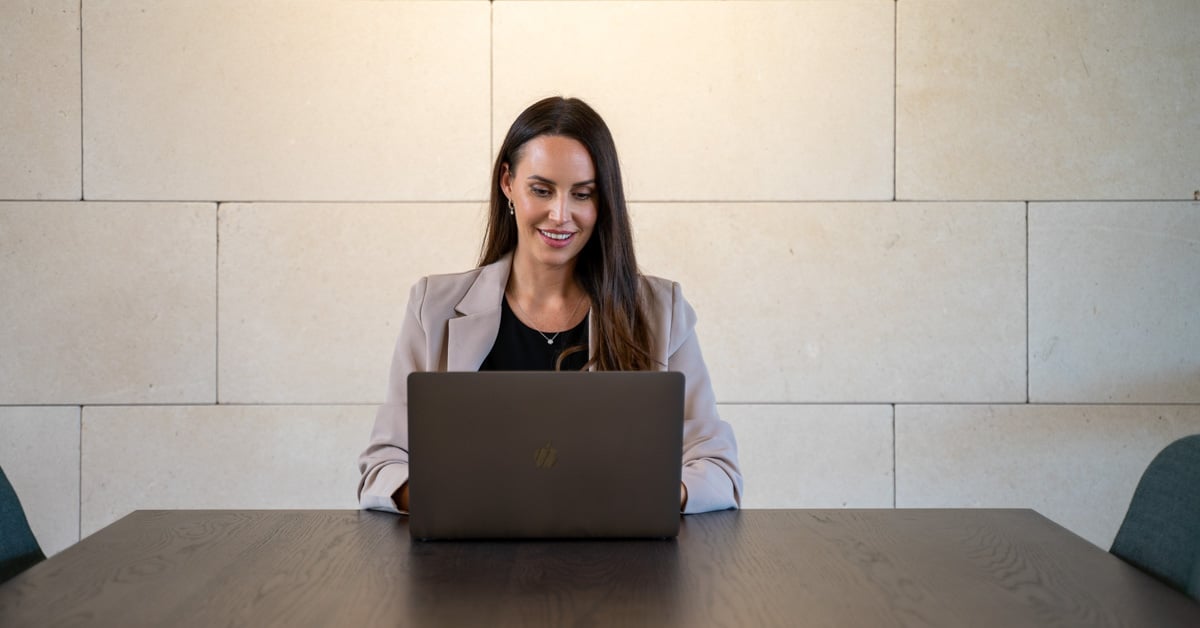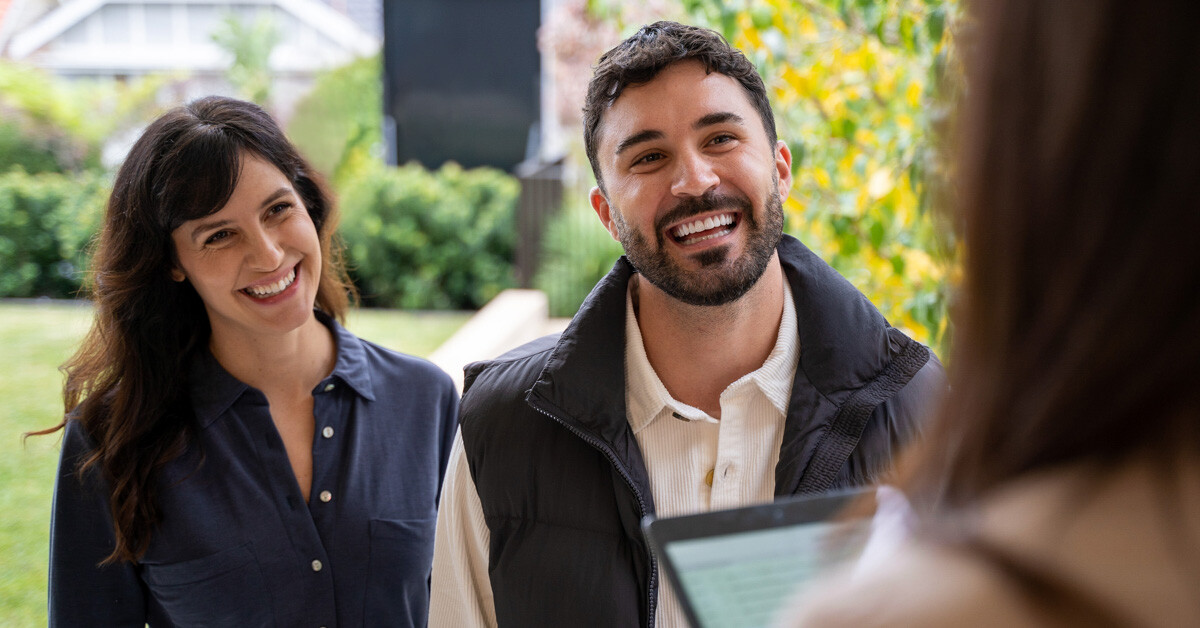How to Invest in Property With Little Money

Investing in property is considered one of the best ways to build wealth and set up a better future. Surprisingly, you don’t need to be super rich to get started, but you will need to work out a strategy to reach your financial goals.
If you are a property owner, it may be possible to start your portfolio by using the equity in your existing home. Or, if you are new to the market, you could consider investing with a family member or friend.
You need to be smart about how you spend your money. Consider just how long you are prepared to hold onto the property and what will be your exit plan should your circumstances change and you need to sell.
Rental income is not always guaranteed, so you must make sure you purchase a property that will likely attract a reliable tenant.
Importantly, you need to think like an investor and not a homeowner. Remember, you won’t be living in the property, so don’t let your emotions sway your decision about where and what to buy. And don’t rush into anything without proper research and assessing the level of risk.
The decision to become a property investor isn’t one you can make overnight. It requires detailed planning, financial advice and real estate market insight.
Be sure to check out how much similar rental properties in the suburb are fetching per week and if they stay vacant for long. Is there potential for growth – such as being located near upcoming new infrastructure such as a hospital or transport route? Could you expect an even higher return with some simple updates?
Finding the right investment for you and your budget may take several months.
Why invest in real estate?
Property has always been seen as a popular investment because, unlike shares, it is something that people can see and touch. It is less volatile than other types of investments, too.
Real estate generates passive income and has the potential for capital growth, plus there are many tax advantages. It is also a useful investment strategy for first-time buyers who are out-priced from their desired area but looking to build capital.
And even better, it is something that is relatively easy to do with the right amount of research and planning.
How much money do you need to invest in property?
Fortunately, you don’t need a huge capital to get onto the investment property ladder. You will, however, need regular income.
Jeff Chapman, Head of Product Marketing from LJ Hooker Home Loans said investors should budget a 10-20 per cent deposit, which can come in the form of cash or equity in an existing property.
"Government stamp duty is calculated at a higher percentage on property purchased for investment, so don’t forget this when doing your sums."
Lenders' Mortgage Insurance (LMI) is often needed when borrowing 80 per cent of the cost of the investment. A guarantor loan is one way around this requirement.
It may even mean you don’t need a deposit. Typically a parent puts up equity in their own home to be used to secure the loan. However, it could strain relationships if something goes askew.
How to start investing in real estate?
Before stepping inside an open home, you must devise a plan. Start by writing yourself a list of goals and a time-frame. Are you looking for short-term yields, or are you happy to wait for long-term capital gains?
Speak with a real estate agent in your target area who will be able to provide some information on the local rental market and what type of properties offer the best returns.
The next step is to see if you qualify for an investment home loan. Be sure that your credit rating is in good order. Pay down any debt in order to increase your borrowing capacity.
The bank will also look at your age, income and number of dependent children.
Pre-approval is a good idea as it gives investors the ability to act as soon as they find the right property.
It is important to also speak to your accountant about how best to make it work best for your situation. For example, a brand-new property may provide solid depreciation benefits for tax. Or you may want to boost your self-managed superannuation fund by adding another asset. Buying off-the-plan can also be a good strategy if you need extra time to get your finances in order.
Low-cost real estate investing
Affordable home investment is possible; it’s all about knowing what options you have to play with.
Here are some common ways to invest in property with little money:
Convert your PPOR into an investment property: By converting your Principle Place of Residence (PPOR) into an investment property, you can generate a steady flow of rental income and access depreciation and tax benefits, which give you additional cash flow.
Owner-occupier: Another idea is to buy as an owner-occupier and live in the property for six-month to a year before turning it into a rental. Using this strategy, first-home buyers may still be eligible for a grant. Check out what are the regulations in your State or Territory.
Rentvest: Rentvesting is a home-owning strategy where you rent a property to live in while you own an investment property that suits your budget. You can use the income generated by your investment property to repay some or all of your mortgage costs or to support your rental costs.
Consider a joint application for property investment: If it is a struggle to save up for a deposit on your own, you could go halves and buy a property with a friend, family member or even a group. Joint ventures have become increasingly common due to the high cost of housing.
A Real Estate Investment Trust (REIT): is another method of buying property without needing a sizable deposit or taking on debt. Many Australians would likely have exposure to REITs via their superannuation fund. The minimum amount to get started is around $500. REIT can only be discussed and recommended by a licenced financial planner.
First Home Super Saver Scheme (FHSS): The First Home Super Saver Scheme (FHSSS) allows first home buyers to make voluntary contributions (before tax or after tax) into their superannuation which they can access later for their home deposit. Utilising the FHSS prior to moving out can help you turn it into an investment property later on.
How to save money when buying an investment property?
Once you have a plan, it’s time to put it into action! Set a realistic goal and little-by-little work towards putting away enough for a deposit.
First, track your spending and see where you can make some savings. Making your own lunch instead can help, as does cutting down the number of barista-made coffees in favour of instant brews. Entertain at home rather than going out and get rid of any subscription services you rarely use.
Contact your utility and insurance providers to see if you qualify for any further discounts.
A lending specialist can guide you on other potential "out of the box" deposit options. Refinancing your existing home loan could also free up some funds or the possibility of switching to interest-only repayments.
What are some of the things you need to consider
While there are long-term benefits to owning an investment property, it shouldn’t be restrictive of your lifestyle. In addition to paying off the mortgage, there may be expenses for repairs and increased interest on an ongoing basis. You should plan ahead and put extra funds aside should your property become vacant for any period of time.
"It’s a long-term investment, and likely the repayments will be higher than the rent you receive, so you need to be prepared to tip in the extra money each month," Mr Chapman said.
Other costs to factor into your budget include purchase stamp duty, legal fees and conveyancing costs. And don’t forget ongoing costs such as insurance fees, council rates and strata levies.
A property manager will look after your investment, including maintenance and any repairs. While this is an added cost, it makes being a landlord a whole lot easier.
What makes a good investment property?
The old real estate motto of 'location, location, location' is just as true for investment properties as it is for those in the residential market.
It is important that you purchase in a suburb where people will want to live with easy access to shops, public transport, childcare, schools or universities.
The type of dwelling will ultimately depend on your budget. It is important to check there is not an oversupply of vacant stock in your target area.
Look for features that will make your property appealing to a tenant. This could be an ensuite in the master bedroom, an internal laundry, extra storage in the garage and air-conditioning. Renters will also appreciate energy-efficient heating and cooling systems.
Are you also willing to allow pets to live on the property? If so, adding a doggie door or timber floors could be worthwhile. Plus, a pet-friendly property can often offer higher returns.
And while a tennis court, pool, sauna or gym may sound nice, luxury apartments often mean higher strata fees and less rental return.
Be prepared then be patient
There are around 2 million Australians with an investment property, but the majority only have one in their portfolio. On average, these are held between eight to 10 years. This isn’t an investment that booms overnight; it can take time and even an entire property cycle to maximise returns.
Ensure you do your homework, get advice from a specialist lender, and talk to your local real estate agent.
So are you ready to purchase your first (or next) investment property? Speak to an LJ Hooker Home Loans lending specialist to kick off your real estate investment journey.
DISCLAIMER - The information provided is for guidance and informational purposes only and does not replace independent business, legal and financial advice which we strongly recommend. Whilst the information is considered true and correct at the date of publication, changes in circumstances after the time of publication may impact the accuracy of the information provided. LJ Hooker will not accept responsibility or liability for any reliance on the blog information, including but not limited to, the accuracy, currency or completeness of any information or links..
Share


.jpg)